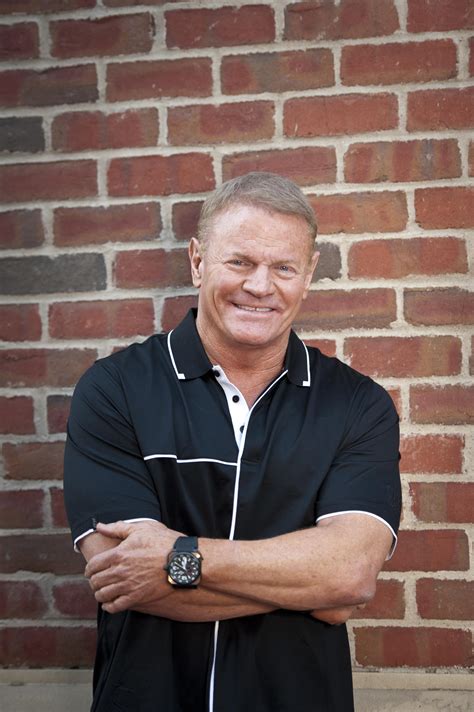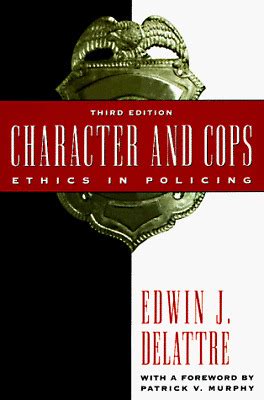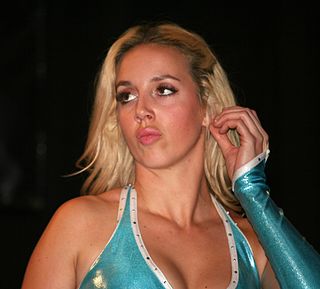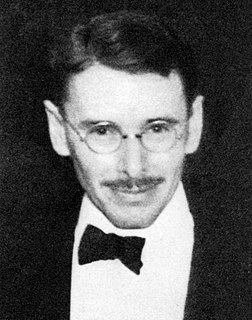A Quote by Jean-Baptiste Lamarck
Habits form a second nature.
Quote Topics
Related Quotes
It is not the organs-that is, the character and form of the animal's bodily parts-that have given rise to its habits and particular structures. It is the habits and manner of life and the conditions in which its ancestors lived that have in the course of time fashioned its bodily form, its organs and qualities.
In truth, the only difference between those who have failed and those who have succeeded lies in the difference of their habits. Good habits are the key to all success. Bad habits are the unlocked door to failure. Thus, the first law I will obey, which precedeth all others is - I will form good habits and become their slave.
After decades of faithful study, ecologists have begun to fathom hidden likenesses among many interwoven systems. ...a canon of nature's laws, strategies, and principles...
Nature runs on sunlight.
Nature uses only the energy it needs.
Nature fits form to function.
Nature recycles everything.
Nature rewards cooperation.
Nature banks on diversity.
Nature demands local expertise.
Nature curbs excesses from within.
Nature taps the power of limits.
The assumption that the laws of nature are eternal is a vestige of the Christian belief system that informed the early postulates of modern science in the seventeenth century. Perhaps the laws of nature have actually evolved along with nature itself, and perhaps they are still evolving. Or perhaps they are not laws at all, but more like habits.




































